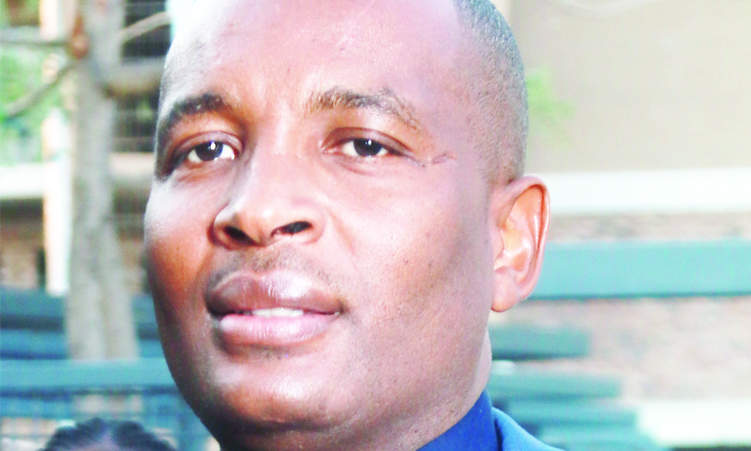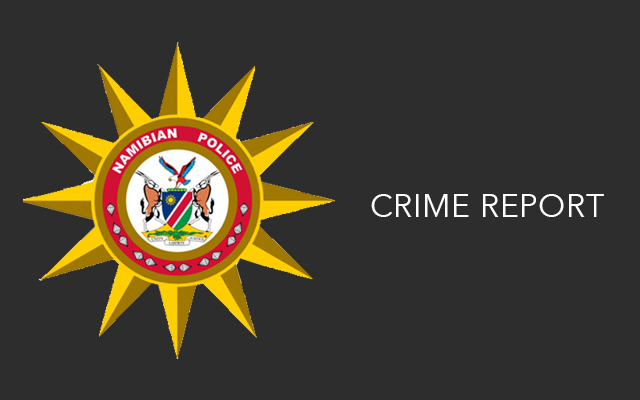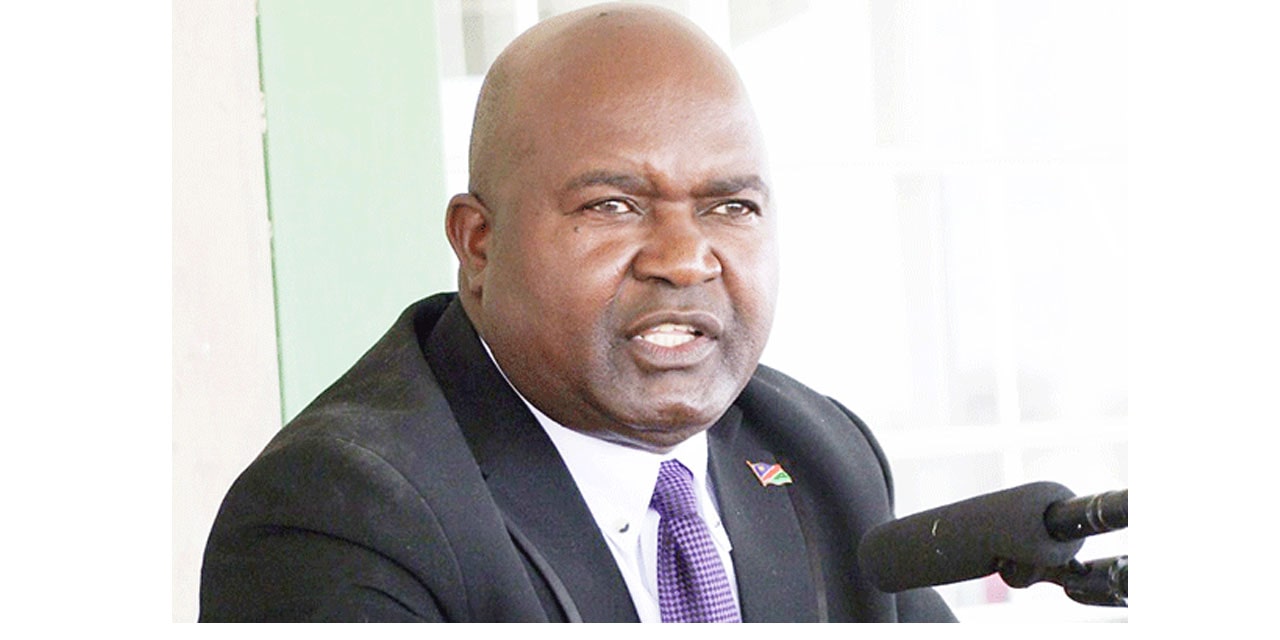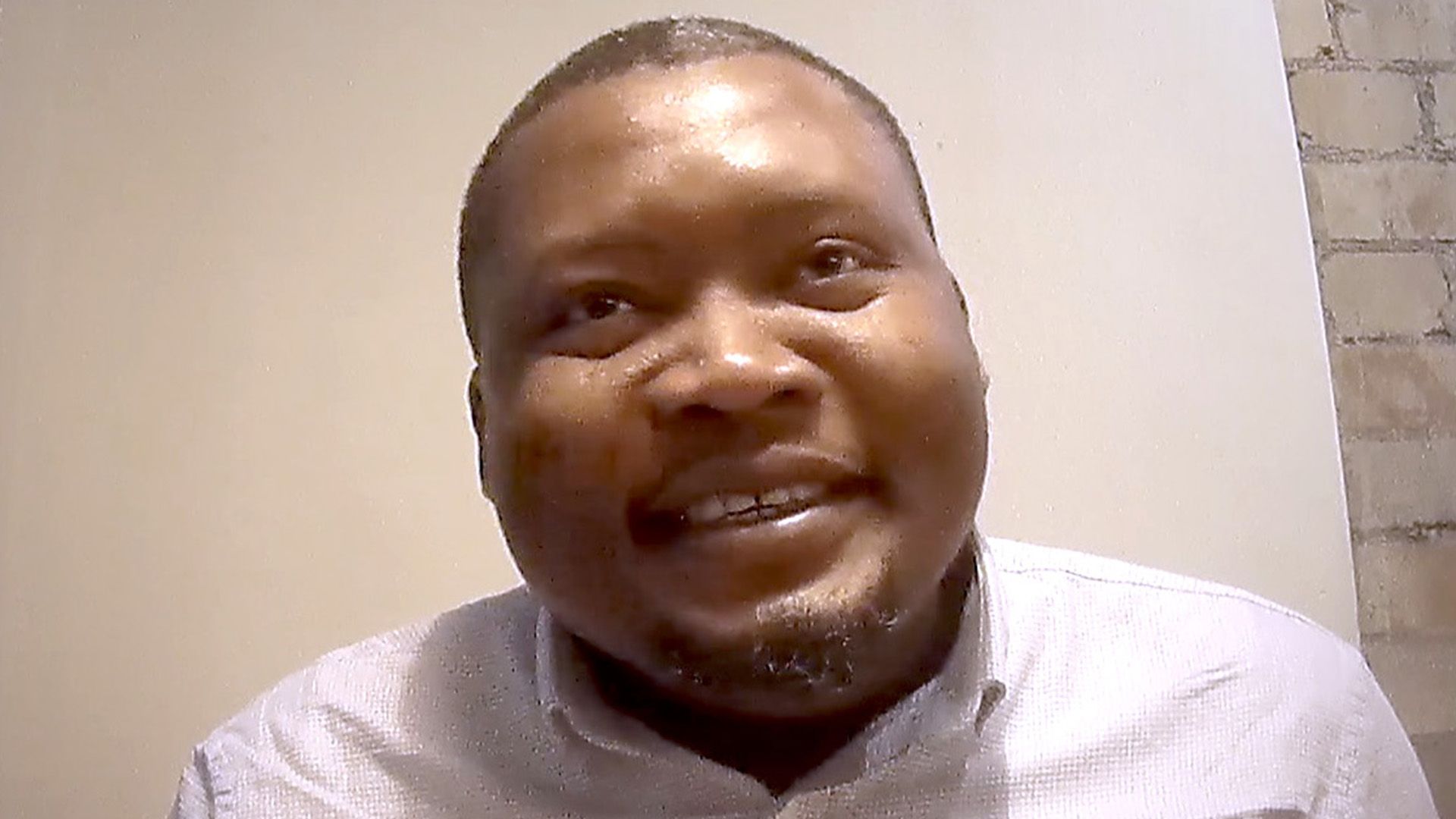Businessman Shapwa Kanyama has again failed with a court bid to stop competitors from supplying antiretroviral medication to the Ministry of Health and Social Services.
This is the third time he has attempted to get a favourable judgement in the High Court.
A judgement delivered in the Windhoek High Court on Tuesday, sealed Kanyama’s company Africure Pharmaceuticals Namibia’s fate against the Central Procurement Board of Namibia (CPBN), the minister of health and social services, the minister of finance and public enterprises, and competitors of Africure in a tender for the supply of antiretroviral (ARV) medication to the government.
A first urgent application by Africure was struck from the court roll at the start of February, because the company did not properly notify some of the rival bidders of the legal action it was taking against them.
A second, similar urgent application was also struck from the court roll nearly four weeks after the first, with a judge ruling in that matter that the second application was based on “self-created urgency”.
About two weeks after that setback, Africure filed a third urgent application in the Windhoek High Court.
In all three applications, Africure asked the court to issue an urgent interdict to stop the CPBN and the minister of health and social services from going ahead with the implementation of procurement contracts with the successful bidders in a tender for the supply of ARVs to the health ministry.
Africure wanted the interdict to be in effect while it proceeds to ask the court to review and set aside the CPBN’s selection of successful bidders in respect of a tender for the supply of ARVs to the ministry.
In an affidavit filed at the court, Kanyama, who is a shareholder in Africure and chairperson of the company’s board of directors, alleged that the CPBN failed to consider the fact that his company is registered as a manufacturer of ARVs and is currently supplying such products to the health ministry.
He also said Africure discovered on 14 March that the successful bidders on the tender did not provide performance guarantees to the CPBN by the end of February, and that one of the bidders, Windhoek Medical Solutions, did not operate at the address it provided to the Pharmacy Council of Namibia and as a result should not have been awarded parts of the tender.
In the tender for the supply of ARVs to the health ministry, Africure offered to supply 19 types of ARV medication to the ministry over a 12-month period at a total cost of N$342,7 million, inclusive of value-added tax.
The CPBN chose Africure as successful bidder for the supply of only two of the types of medication, at a total cost of about N$723 000.
Windhoek Medical Solutions was selected to supply five of the types of medication, at a total cost of N$219,3 million.
In his judgement, Sibeya noted that the court was also informed that the deadline for performance guarantees to be submitted by the successful bidders has been extended.
Sibeya said the fact that an applicant may suffer irreparable damages if their application does not succeed is not enough to make out a case for the application to be heard on an urgent basis.
Africure “failed to explicitly set out the circumstances that render this application urgent”, and as a result failed to prove that the matter had to be heard urgently, Sibeya stated.
He ordered that the application is struck from the court roll for lacking urgency, and also ordered that Africure should pay the legal costs of the CPBN, the health and finance ministers and Windhoek Medical Solutions.
Legal counsel Tinashe Chibwana, instructed by Ndiriraro Kauari, represented Africure.
The CPBN and the health and finance ministers were represented by James Diedericks.
Senior counsel Andrew Corbett, assisted by Eliaser Nekwaya, represented Windhoek Medical Solutions.
Stay informed with The Namibian – your source for credible journalism. Get in-depth reporting and opinions for
only N$85 a month. Invest in journalism, invest in democracy –
Subscribe Now!










